Major ad platforms have updated their policies, and Shopify sellers need to act now to avoid disruptions. Platforms like Google Ads, Meta, TikTok, and Microsoft Advertising are introducing stricter rules around data privacy, product feed accuracy, and landing page compliance. Shopify has also updated its terms, focusing on app compliance and data usage, with new requirements coming into effect this summer. Here's what you need to know:
- Google Ads: Stricter product feed and landing page standards.
- Meta Ads: Transparency and accurate disclosures are now required.
- TikTok Ads: Prohibited content rules have been revised.
- Microsoft Advertising: Focus on product data accuracy.
- Shopify: New app compliance rules and data-sharing features like Shopify Network Intelligence.
To stay compliant, review your ad campaigns, product feeds, and landing pages. Ensure claims are backed by documentation, and keep customer data handling transparent. Shopify’s new rules, such as the Built for Shopify program updates, demand immediate attention, especially for merchants using third-party apps.
Key Dates:
- July 1, 2025: Built for Shopify app requirements take effect.
- July 25, 2025: Shopify’s updated terms and data policies are now live.
Non-compliance risks include ad disapprovals, account suspensions, and lost revenue. Regularly review platform updates, audit your campaigns, and maintain proper records to keep your store running smoothly.
Major Ad Network Policy Changes
Recent updates from major ad networks are prompting advertisers to reassess their PPC campaigns. While the specifics differ across platforms, the overarching goals are clear: improving transparency, ensuring accurate data, and prioritizing customer protection. Below is a platform-by-platform breakdown of the latest changes.
Google Ads
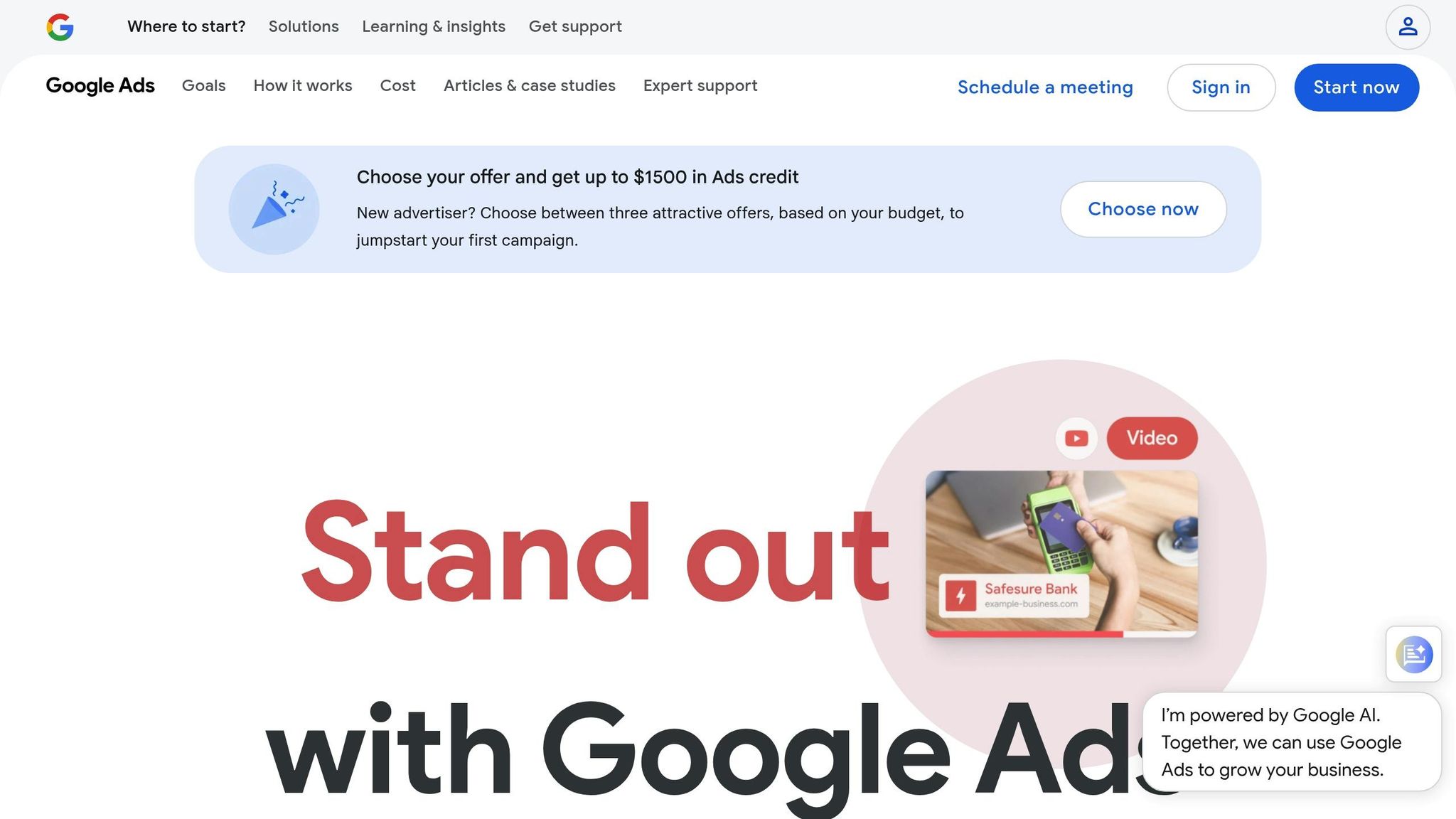
Google Ads has refined its guidelines, particularly focusing on product feed quality and landing page requirements. Advertisers should take a close look at product descriptions, supporting documentation, and website content to ensure they meet these updated standards.
Meta Ads
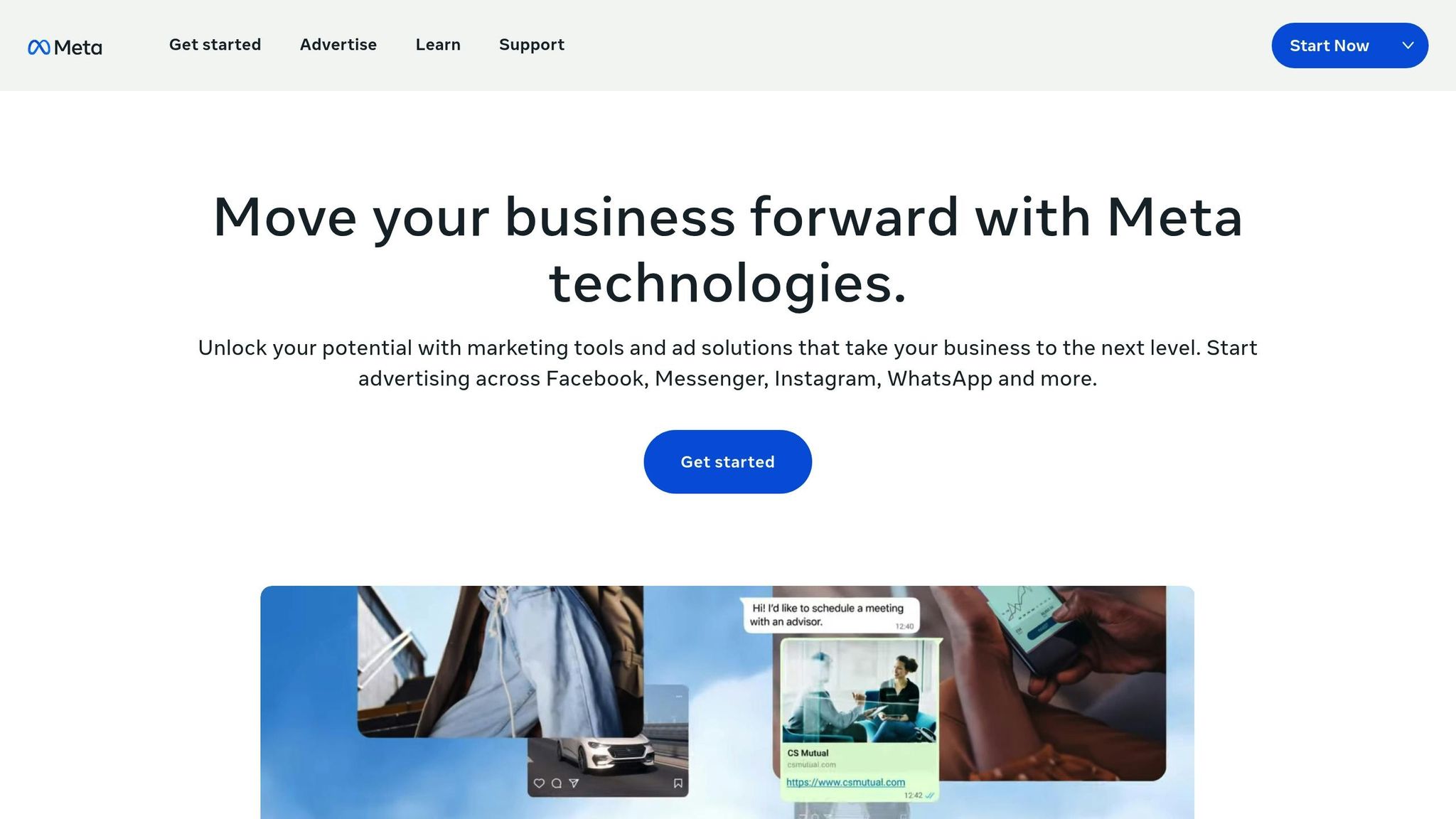
Meta Ads now emphasizes transparency and accurate disclosures in its policies. To stay compliant, make sure your ad creatives and landing pages clearly present truthful product information in line with Meta's transparency guidelines.
TikTok Ads
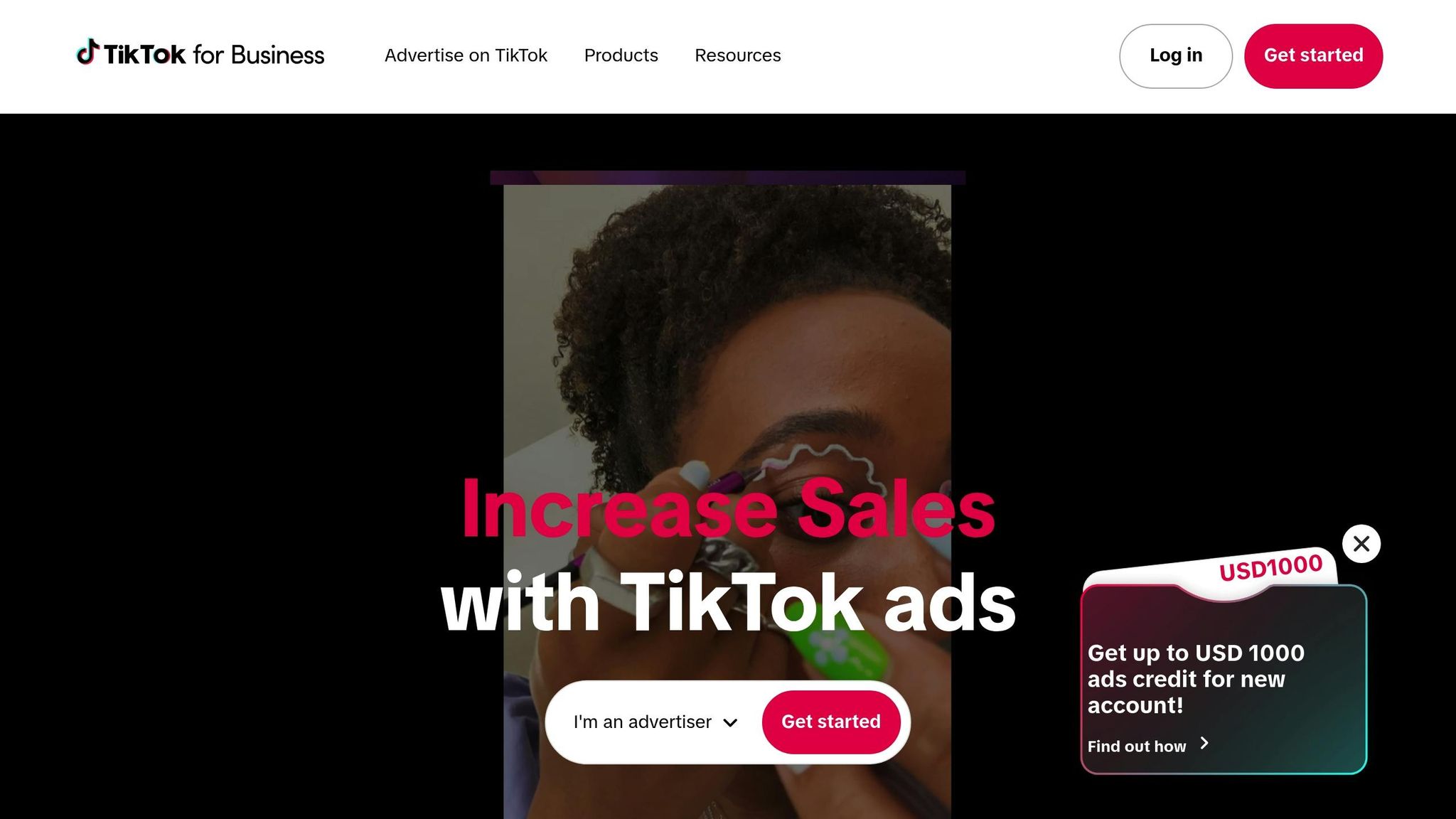
TikTok Ads has revised its policies to address prohibited content and enhance user protection. Advertisers need to verify that their campaign materials and landing pages align with TikTok's updated content guidelines and user verification protocols.
Microsoft Advertising
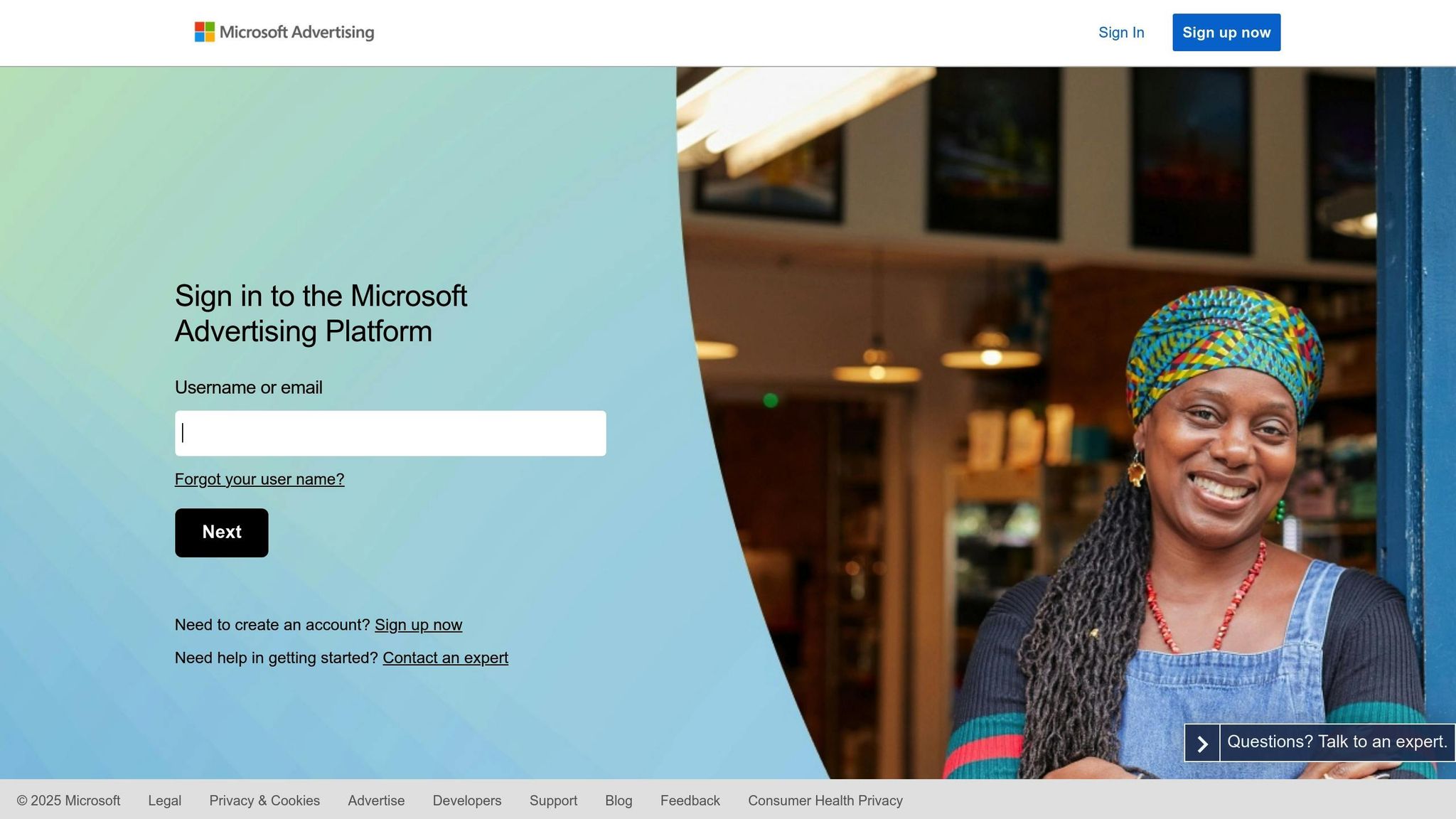
Microsoft Advertising has introduced changes aimed at improving product information accuracy and overall campaign compliance. Advertisers should review their product feeds and ad content to ensure alignment with Microsoft's latest data quality requirements.
Amazon Advertising
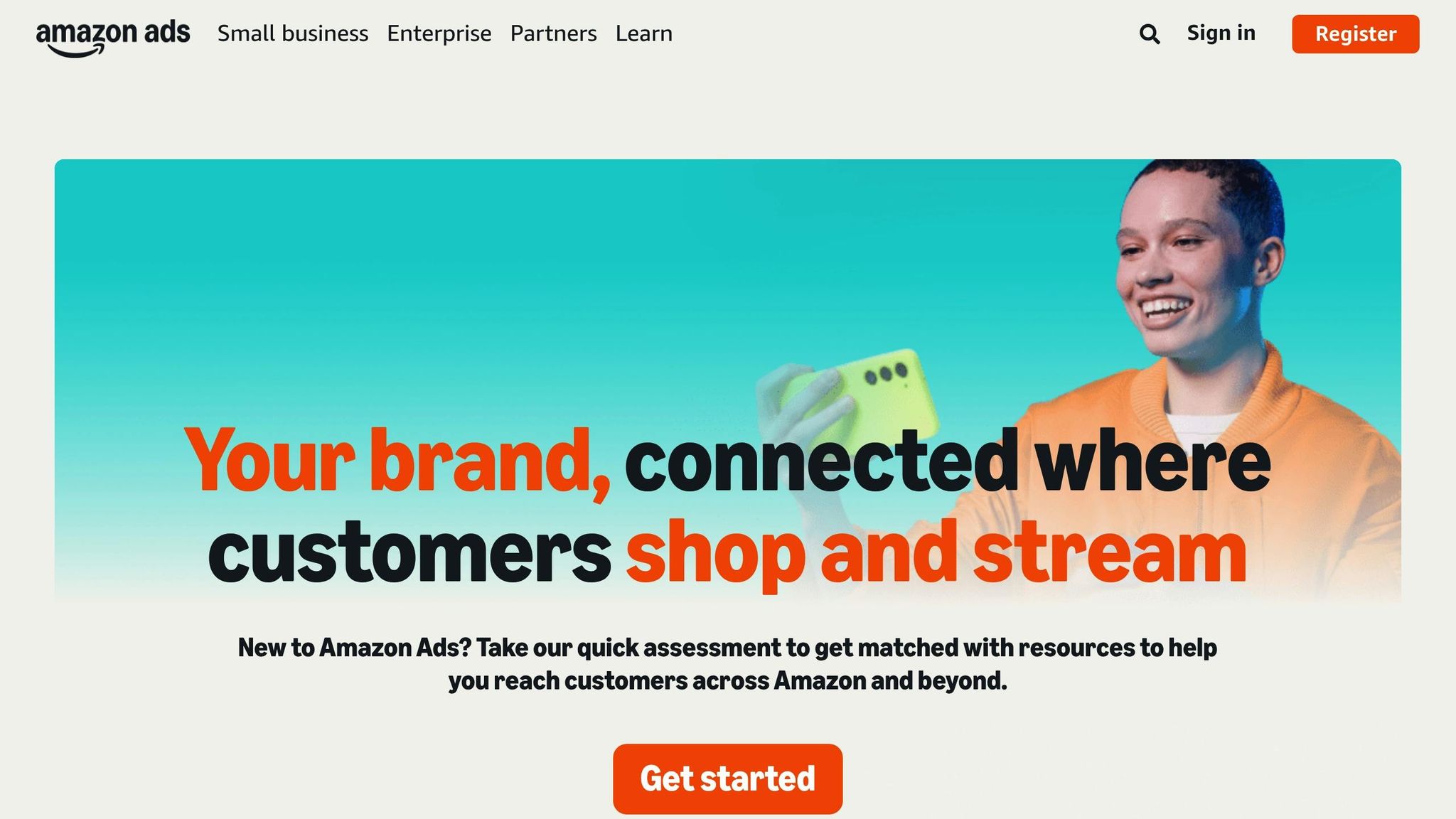
For Shopify merchants leveraging Amazon-related advertising tools, the latest updates stress the importance of compliant product documentation across all platforms. Pay special attention to product claims and descriptions, particularly if you're using tools like Buy with Prime, to adhere to Amazon's updated standards.
These updates from ad networks set the stage for a broader discussion on Shopify platform policies, offering a more comprehensive view of compliance requirements.
If navigating these changes feels overwhelming, expert help is available. Martin Monroe Creative specializes in e-commerce marketing and can help you keep your campaigns compliant and effective.
Shopify Platform Policy Updates

Shopify has rolled out updates to its platform policies, focusing on app compliance and data usage for pay-per-click (PPC) campaigns. These changes align with recent shifts in ad network requirements, aiming to refine backend compliance processes.
Built for Shopify Requirements
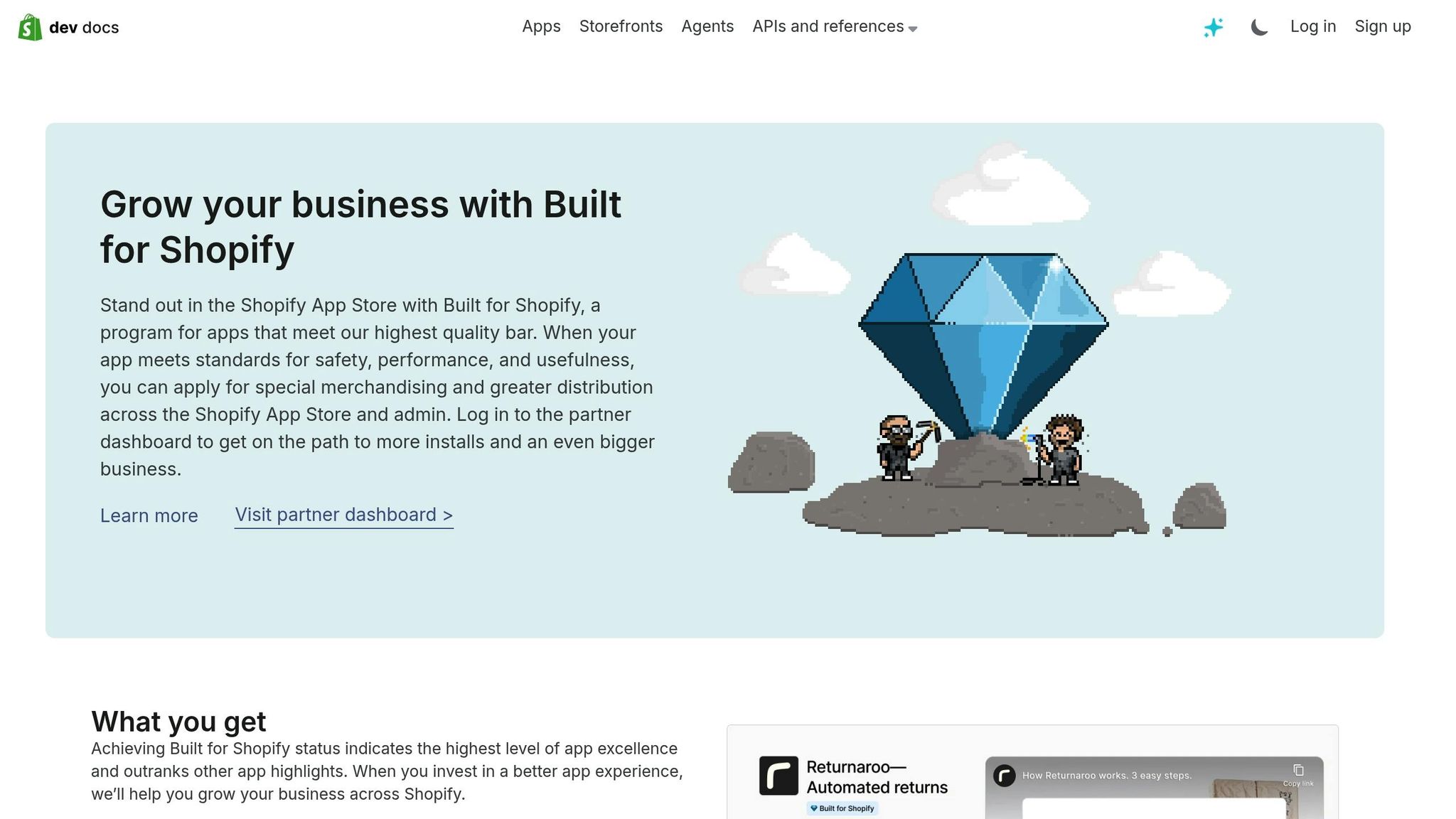
The Built for Shopify (BFS) program now includes category-specific rules for advertising apps, which will take effect on July 1, 2025. If you're a merchant using PPC management or advertising tools, it's essential to meet all BFS criteria. Shopify enforces these standards through manual reviews and annual evaluations. Additionally, BFS apps must adopt the latest version of Shopify App Bridge by July 2025.
Apps that achieve Built for Shopify status are seeing benefits, reporting a 49% average increase in new installs compared to non-BFS apps.
Shopify Terms Update
In addition to app-specific requirements, Shopify has updated its service terms to integrate more data-driven strategies into advertising. On July 25, 2025, Shopify revised its Terms of Service and Data Processing Addendum. A key feature of these changes is Shopify Network Intelligence, which uses aggregated customer data from multiple merchants to generate actionable insights for marketing.
Shopify Network Intelligence combines your store’s data with anonymized information from other merchants. This pooled data enhances tools like Shopify Audiences, Shop Channel, Shopify Email, Shopify Collabs, and Shopify Search and Discovery. By leveraging anonymized data, these tools improve targeting accuracy for PPC campaigns. However, merchants who prefer not to participate can opt out of Shopify Network Intelligence. Keep in mind, opting out may restrict access to some advanced marketing features.
These updates create a more interconnected ecosystem, allowing your store's performance data to contribute to better advertising outcomes. At the same time, they emphasize the importance of managing data privacy preferences and staying compliant with Shopify’s evolving standards.
Compliance Changes for Shopify PPC
Shopify has introduced updates to its compliance guidelines, particularly for PPC (Pay-Per-Click) advertising. These changes require advertisers to pay closer attention to how they create and manage campaigns on the platform.
Claims and Proof Requirements
If your ads include claims about performance, health benefits, product origin, or environmental impact, you must now back them up with verifiable documentation. This ensures transparency and builds trust with your audience.
Data and Privacy Rules
Handling customer data has become more regulated. Advertisers must:
- Obtain explicit permission to collect and use customer data.
- Offer clear opt-out options for users.
- Keep detailed records of user consent to comply with privacy standards.
Product Feed Requirements
To avoid issues, make sure your Shopify product catalog is always up-to-date and properly synced with all advertising platforms. Any mismatch can lead to ad disapprovals or errors.
Ad Creative and Copy Rules
When designing ad creatives, focus on clarity and authenticity. Avoid making exaggerated or unsupported claims. Highlight product features and benefits in a way that’s easy to understand and aligns with the user’s expectations.
Landing Page Requirements
Your landing pages should:
- Load quickly for a smooth user experience.
- Offer a reliable checkout process.
- Clearly display key policies, such as return and privacy information, to ensure transparency.
These updates are essential for maintaining compliance and improving campaign performance. For more tips on navigating these changes and refining your Shopify PPC strategy, visit the Martin Monroe Creative blog at https://martinmonroecreative.com.
sbb-itb-8b1a57a
Testing and Fix Process
Sticking to the compliance guidelines above is key to keeping your campaigns running smoothly. If policy violations pop up, quick action can help reduce disruptions to your Shopify campaigns. Here’s a clear process to help you identify, resolve, and avoid issues.
Pre-Launch Checks
Before rolling out any new campaign, take some time to review your account's health and compliance status. Start by checking your Google Ads notifications and account alerts for any early warnings of disapproval. Use the Google Ads Policy Manager to review flagged ads and their explanations.
For extra precaution, leverage tools like the Ad Preview and Diagnostics feature in Google Ads to spot potential issues before they become bigger problems. Regularly auditing your ads, keywords, and landing pages can also go a long way in ensuring compliance. If problems do arise after launch, follow the steps outlined below to address them quickly.
Quick Fix Process
If you run into a violation, head to the "Status" column in your Google Ads account. Hover over the status indicator to get details about the issue. To dig deeper, add the "Policy details" column to your Ads or Assets table, which will show specific disapproval reasons. If you receive an email notifying you of an ad disapproval, click on the "View and fix policy issues" button immediately to get more information and tackle the problem directly.
Ongoing Compliance Management
Staying up-to-date with Shopify's integration and app policies is essential to keep your store running smoothly. As Shopify adjusts its guidelines and updates requirements for integrations like the Facebook sales channel, it's vital to regularly review your store's settings and ensure everything stays in line with their standards.
Monthly Policy Reviews
Make it a habit to check Shopify communications and dashboard notifications every month for updates on integrations and app guidelines. If Shopify announces new requirements, update your internal documentation and make the necessary changes promptly. These monthly reviews are a proactive way to ensure that your apps and connected tools remain compliant with Shopify's policies.
App and Integration Checks
The apps and integrations you use to power your Shopify store are key to your digital marketing efforts. To avoid disruptions, regularly audit these tools to confirm they meet Shopify's current compliance standards. Pay special attention to apps tied to major sales channels and ensure they align with Shopify's Built for Shopify requirements. Scheduling quarterly app reviews can help you catch any compliance warnings or updates before they affect your store. Keep a record of these audits to maintain a clear compliance trail, as discussed in the next section.
Record Keeping and Team Training
Detailed records of policy updates and your responses to them are invaluable for demonstrating your compliance efforts if needed. Beyond documentation, it's equally important to keep your team informed. Share policy changes and provide training on new standards to ensure everyone managing your store's integrations is on the same page. A well-informed team helps create a proactive approach to compliance, reducing the risk of small issues turning into larger problems.
Conclusion
The recent policy updates from major advertising platforms like Google Ads, Meta, TikTok, Microsoft Advertising, and Amazon are reshaping how Shopify sellers manage their PPC campaigns. From stricter data privacy guidelines to more detailed product feed requirements, these changes demand a more strategic and compliance-focused approach.
Successful merchants are making regular compliance checks and thorough documentation a core part of their operations. This not only helps them adapt to evolving ad policies but also positions them for sustained success in the advertising space. While Shopify's Built for Shopify requirements add another layer of complexity, they also present opportunities for merchants who stay ahead by aligning their practices with these standards.
Implementing a clear process for testing and resolving issues can help avoid prolonged account suspensions that could hurt revenue. Although the appeals process across platforms has become more efficient in 2025, it primarily benefits those who maintain detailed records and consistently prioritize compliance.
For Shopify sellers in the U.S., Martin Monroe Creative provides tailored PPC management services. Their expertise combines deep platform knowledge with a focus on compliance, helping businesses navigate these challenges and thrive in a constantly shifting advertising environment.
FAQs
What steps can Shopify sellers take to comply with updated ad policies and avoid account suspensions?
To keep your Shopify store running smoothly and avoid ad account suspensions, it's crucial to stay on top of updated ad platform policies. Here are some key steps to help you stay compliant:
- Update privacy tools: Make sure your privacy banners and consent tools align with data laws like the CCPA.
- Follow ad platform rules: Regularly check that your ad campaigns meet the specific guidelines of each platform.
- Maintain payment security: Ensure your store policies and payment systems are up-to-date and meet PCI compliance standards.
By staying informed and proactive, you can protect your store and keep your ads running without interruptions.
What are the latest updates to Shopify's Built for Shopify program, and how will they affect merchants using third-party apps?
Starting July 1, 2025, Shopify's Built for Shopify (BFS) program is rolling out updated features and stricter guidelines specifically for marketing apps. These updates will include better promotional tools, more advanced advertising capabilities, and tailored requirements for app approval based on their category.
If you're using third-party apps, it’s important to check whether they align with these new standards to either maintain or achieve BFS certification. Why does this matter? Apps with BFS certification tend to perform much better - on average, they see a 49% increase in new installs within just two weeks of earning the certification. The goal behind these changes is simple: to improve app quality and ensure merchants have access to more dependable tools for their Shopify stores.
What is Shopify Network Intelligence, and how does it use customer data to benefit merchants?
Shopify Network Intelligence enables secure sharing of customer data between participating merchants and Shopify. This helps enhance product recommendations, ad targeting, and personalized shopping experiences. By leveraging aggregated insights, merchants can refine their marketing strategies and build stronger connections with their customers.
For merchants, this means running more precise ad campaigns and delivering interactions that feel tailored to individual shoppers. At the same time, maintaining transparency and adhering to data protection laws is essential. To support this, Shopify offers tools like privacy policy templates and opt-out options, making it easier for merchants to meet compliance standards.

